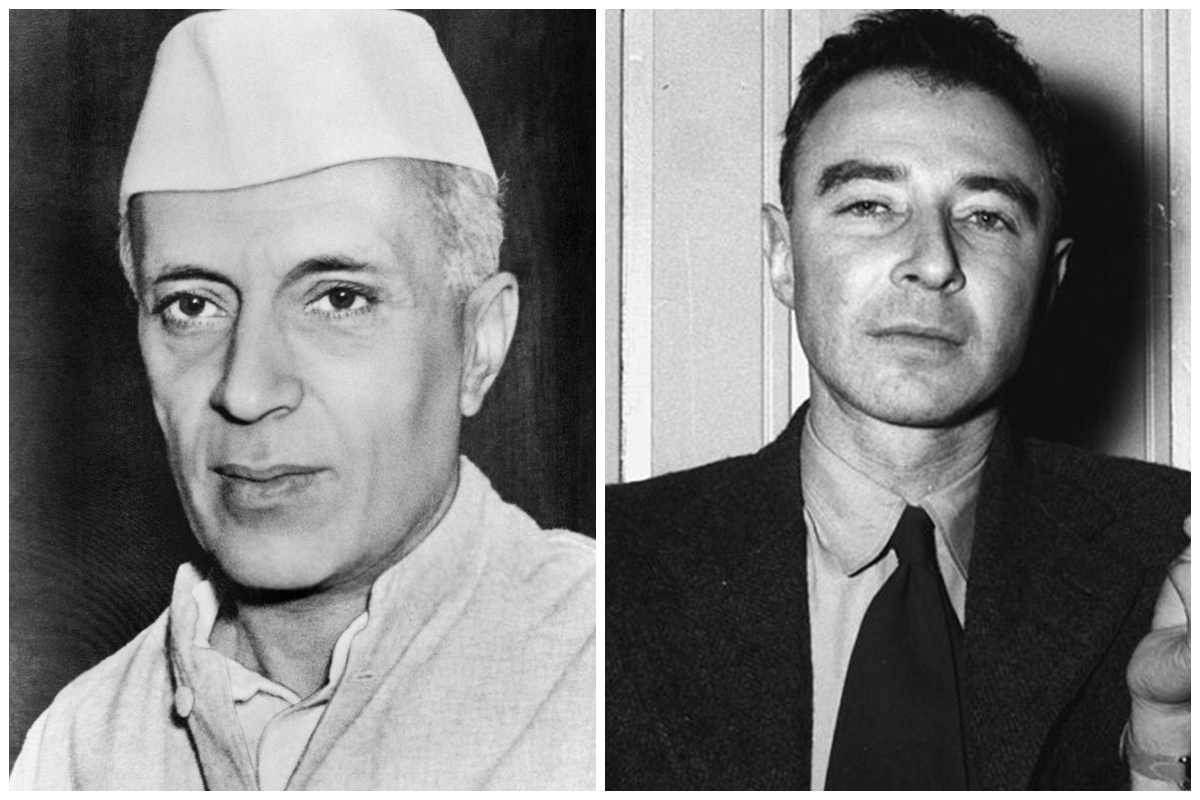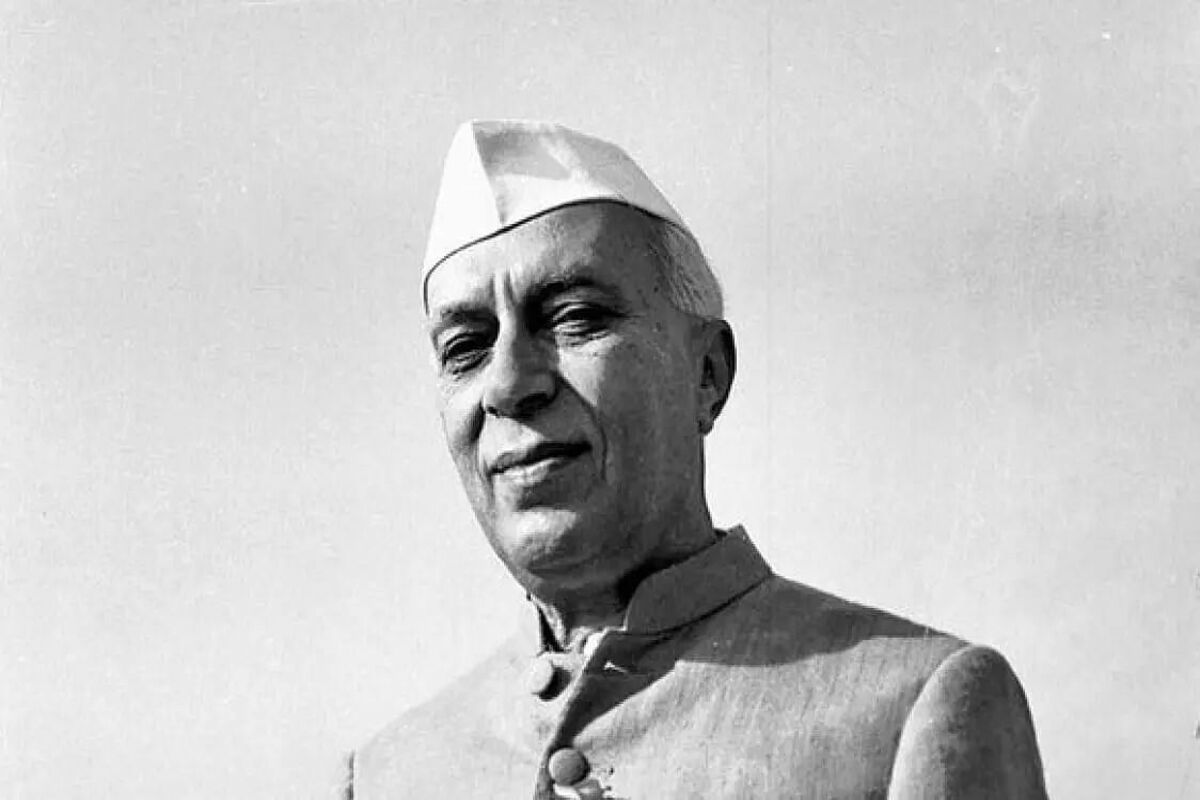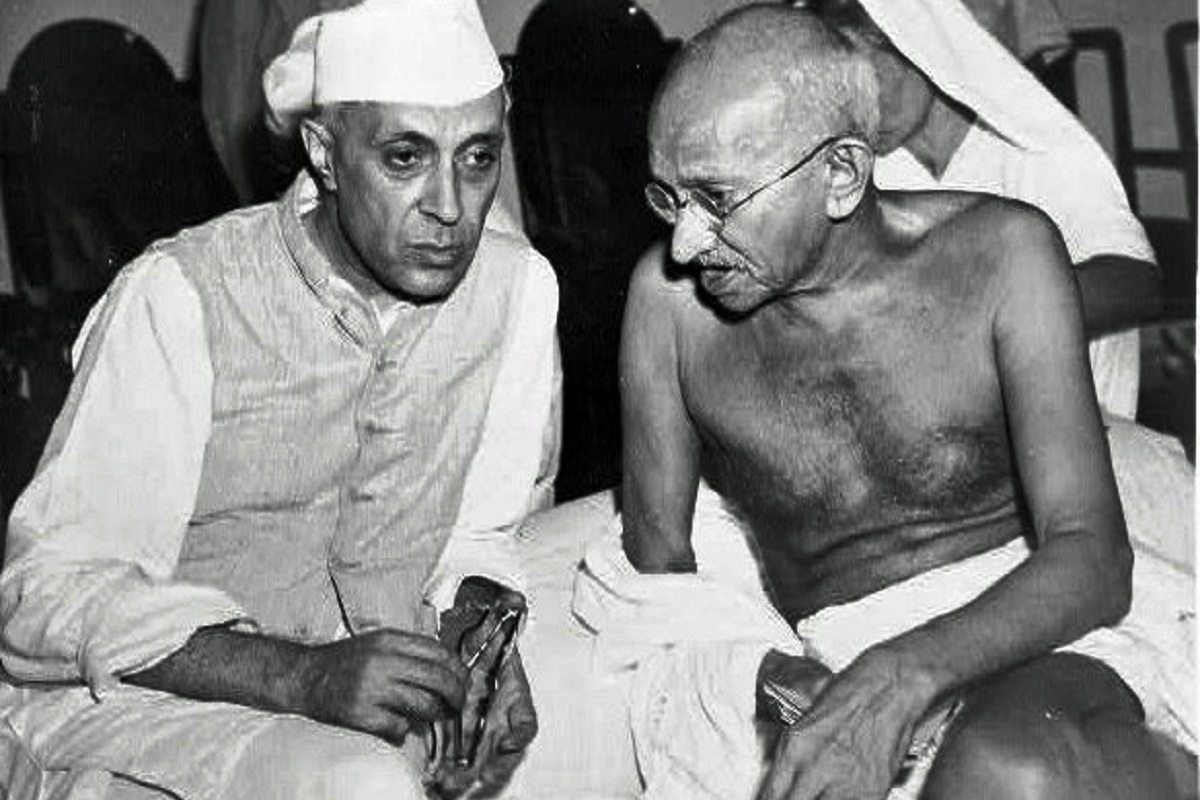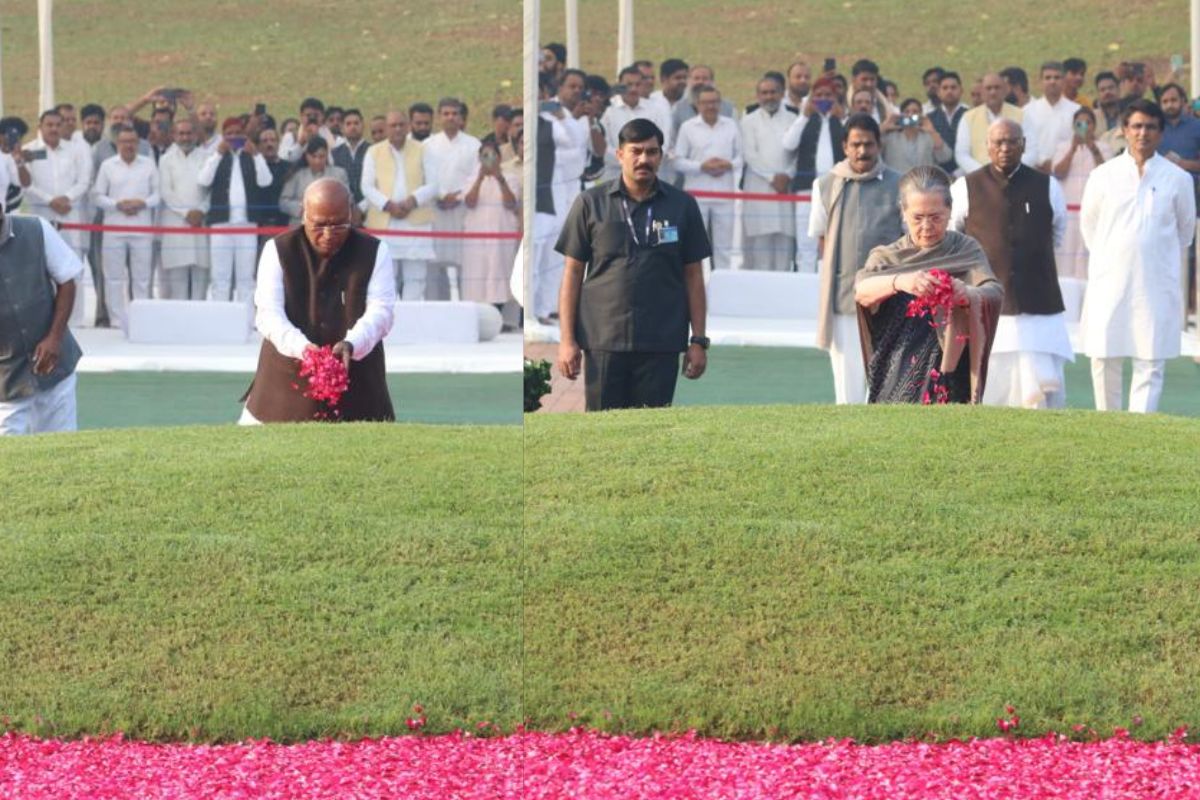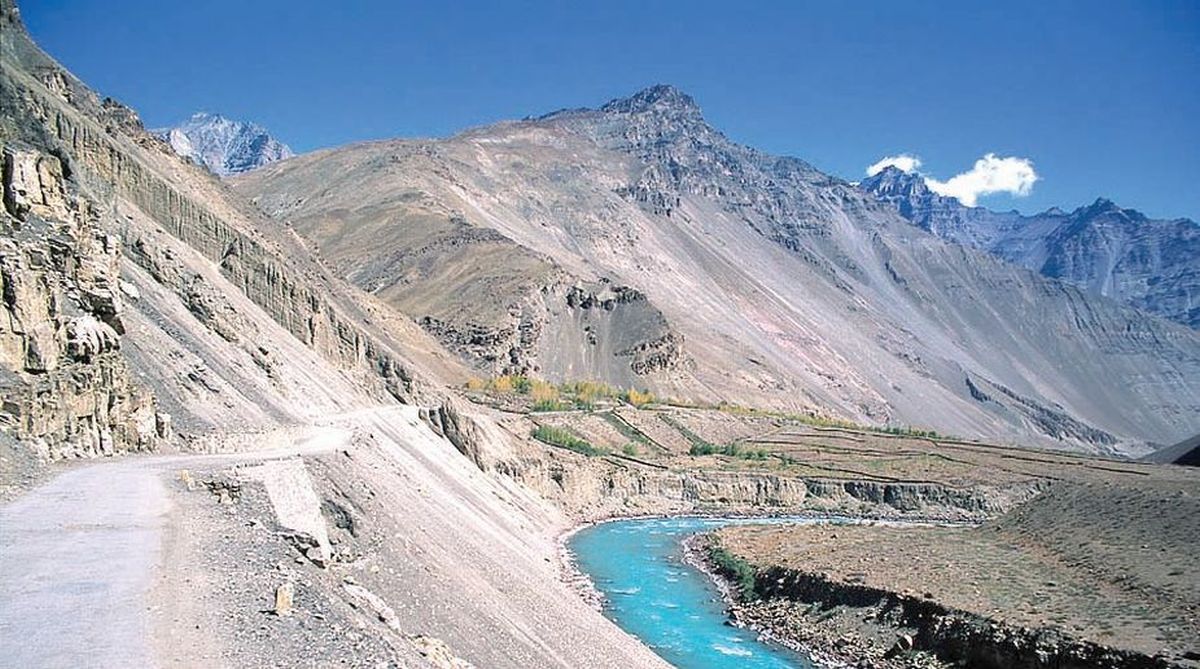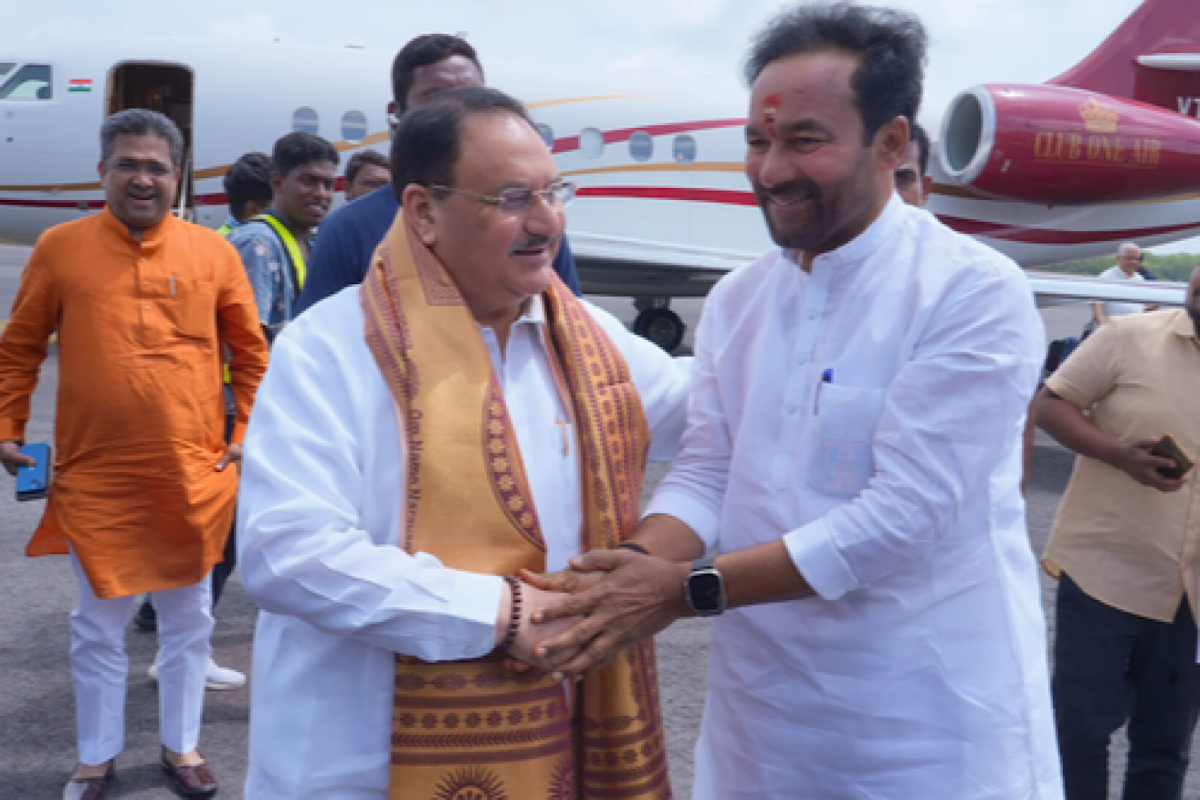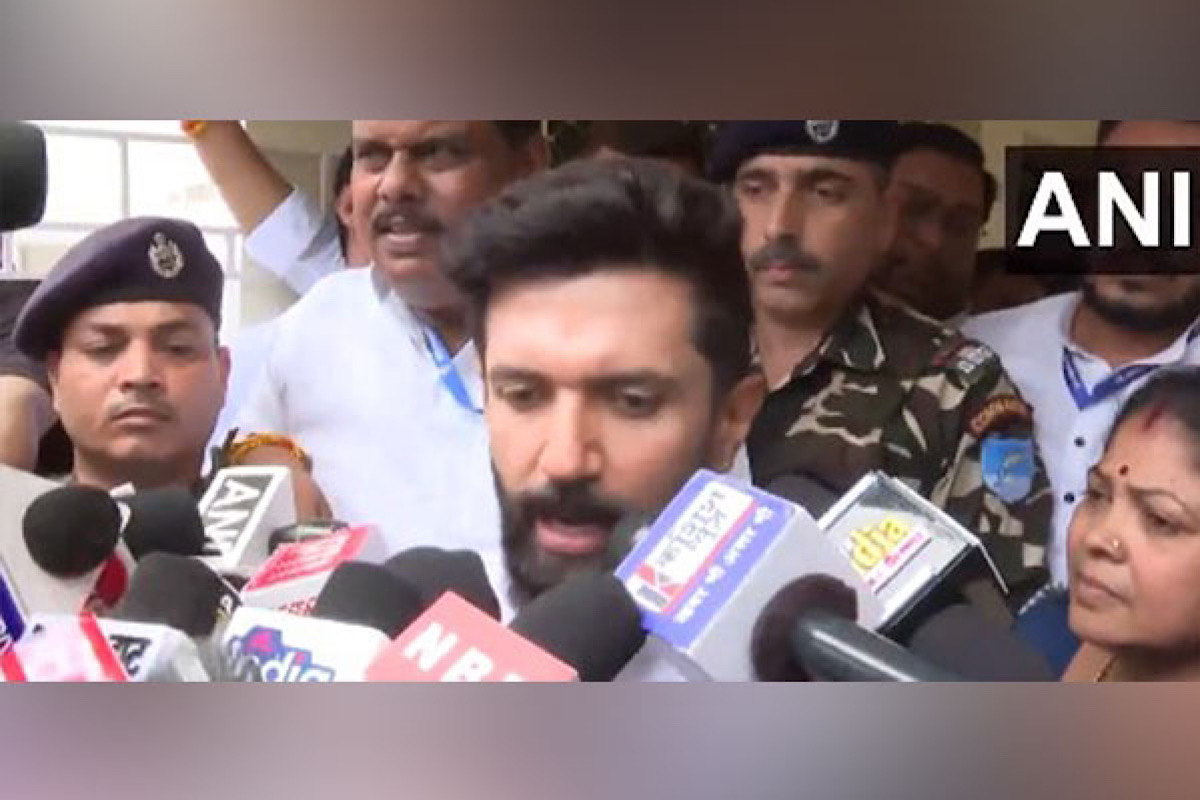ISL 2024-25: Korou scripts history as Kerala Blasters end 11-year wait to beat Chennaiyin
Jesus Jimenez, Korou Singh, and Kwame Peprah scored a goal each as Kerala Blasters FC defeated Chennaiyin FC 3-1 in a key clash of the Indian Super League (ISL) 2024-25 season at the Jawaharlal Nehru Stadium here on Thursday night.






